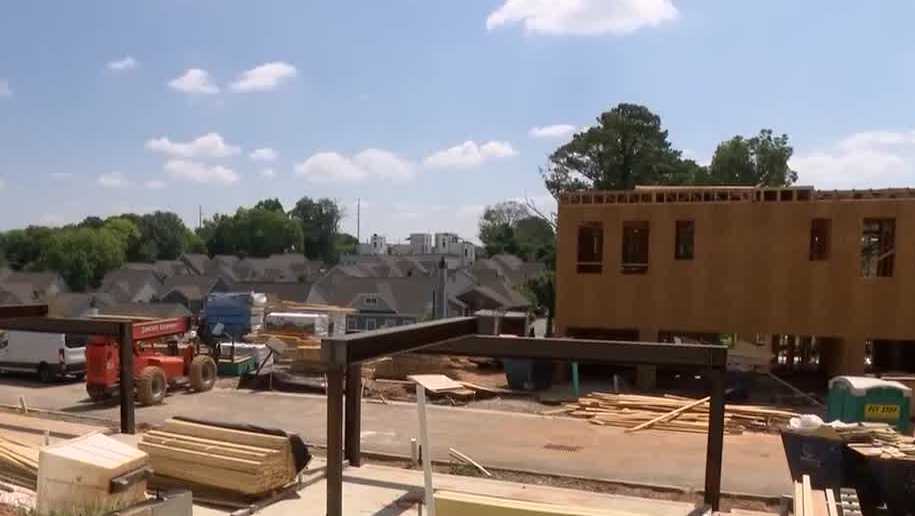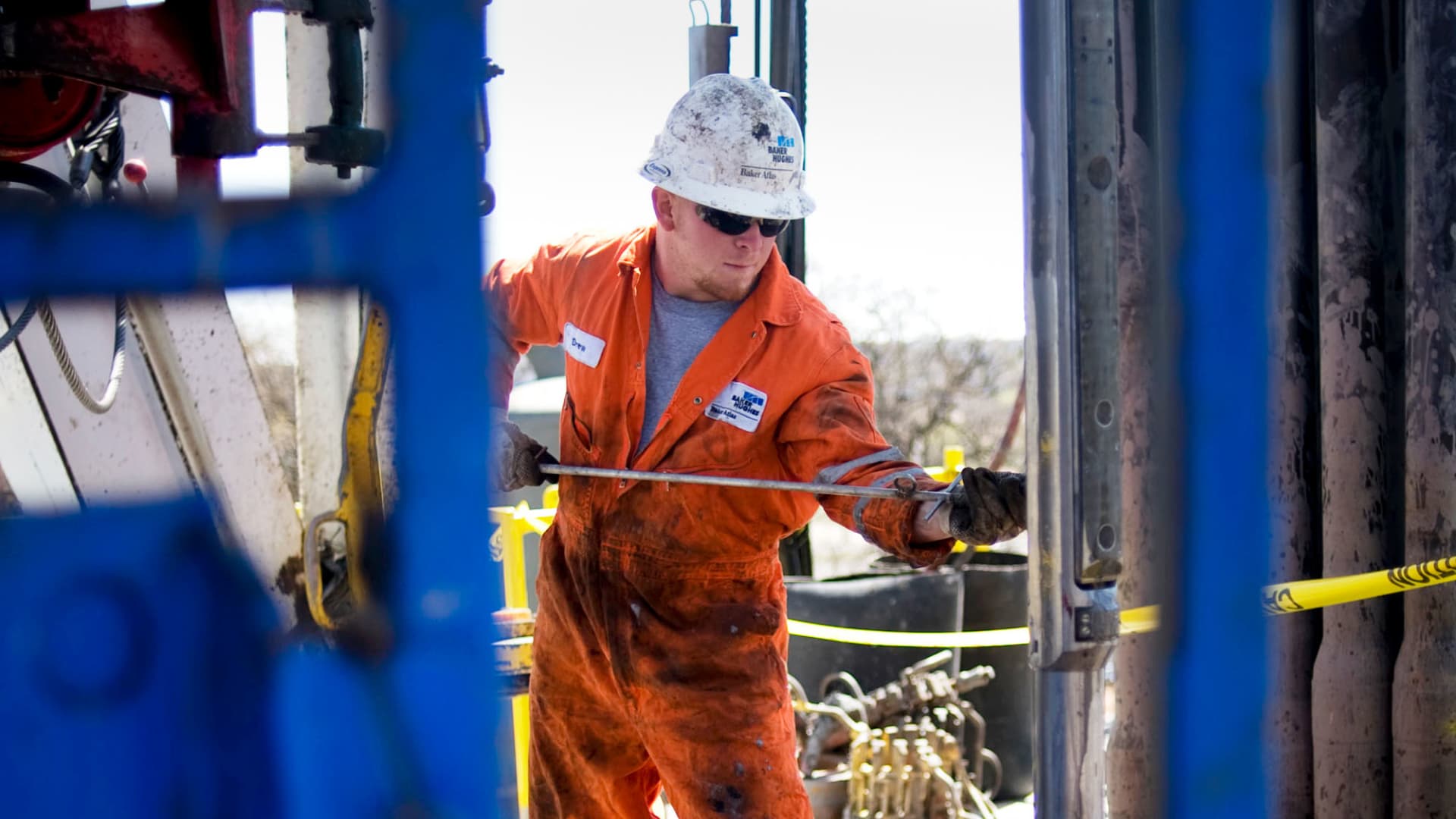With the U.S. government shutdown stretching essential workers thin and furloughs threatening to halt work at some federal agencies, business leaders and workers warn of a widening ripple effect across key sectors of the economy.Industries including agriculture, banking and construction could face mounting delays and costs if lawmakers in Washington do not end the shutdown soon, according to the Pennsylvania Chamber of Business and Industry.“This is the job that constituents have elected our senators and representatives to do. And they should do that job,” said Luke Bernstein, the chamber’s president and CEO.Bernstein said large construction projects that employ hundreds of private sector workers, for instance, can grind to a halt if federal permits or inspections aren’t processed, or if a business loan is delayed. “These are things that have major impacts on businesses because those delays cost money, money means jobs and investment into local communities,” he said.For federal employees deemed essential, the pressure is immediate. They must keep reporting to work even as paychecks are delayed and household bills add up, said Philip Glover, a national vice president for District 3 of the American Federation of Government Employees. “The ones that are still going to work, you still got to get to work, you still got to eat. You still have to get in and out of work every day. Some have parking costs. There’s a lot of those things,” Glover said.Business groups and labor leaders alike urged Congress to resolve the impasse quickly, warning that each day of delay increases costs, uncertainty and the risk of broader economic damage.
With the U.S. government shutdown stretching essential workers thin and furloughs threatening to halt work at some federal agencies, business leaders and workers warn of a widening ripple effect across key sectors of the economy.
Industries including agriculture, banking and construction could face mounting delays and costs if lawmakers in Washington do not end the shutdown soon, according to the Pennsylvania Chamber of Business and Industry.
“This is the job that constituents have elected our senators and representatives to do. And they should do that job,” said Luke Bernstein, the chamber’s president and CEO.
Bernstein said large construction projects that employ hundreds of private sector workers, for instance, can grind to a halt if federal permits or inspections aren’t processed, or if a business loan is delayed.
“These are things that have major impacts on businesses because those delays cost money, money means jobs and investment into local communities,” he said.
For federal employees deemed essential, the pressure is immediate. They must keep reporting to work even as paychecks are delayed and household bills add up, said Philip Glover, a national vice president for District 3 of the American Federation of Government Employees.
“The ones that are still going to work, you still got to get to work, you still got to eat. You still have to get in and out of work every day. Some have parking costs. There’s a lot of those things,” Glover said.
Business groups and labor leaders alike urged Congress to resolve the impasse quickly, warning that each day of delay increases costs, uncertainty and the risk of broader economic damage.









